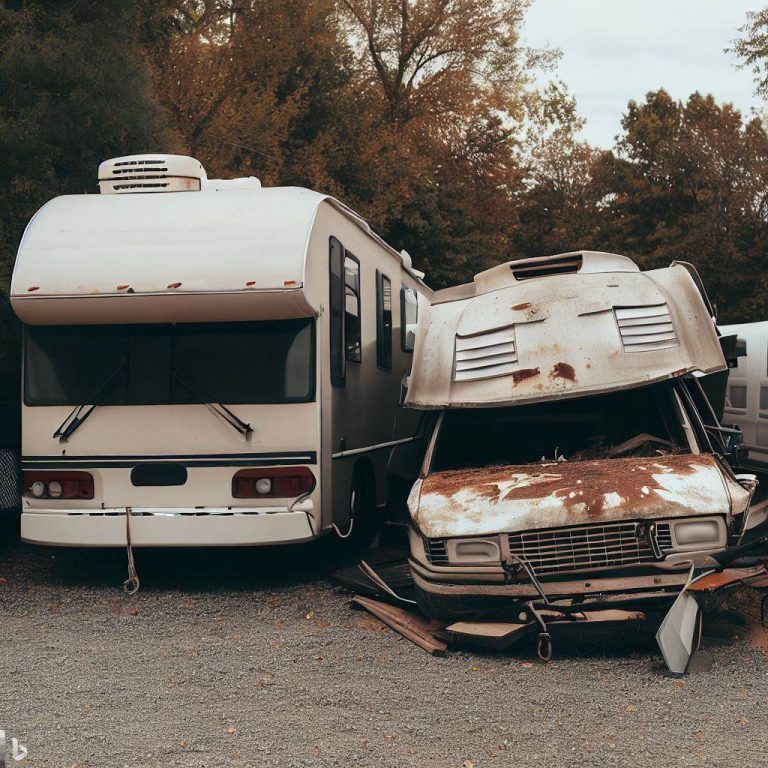
Tips for Storing Your RV: Preventing Damage and Decay
Introduction:
Properly storing your RV during periods of non-use is crucial for maintaining its condition and ensuring it’s ready for your next adventure. Whether you store your RV in a storage facility, your backyard, or a designated RV storage area, taking the necessary precautions will help prevent damage and decay. In this article, we will share valuable tips for storing your RV to protect it from the elements, pests, and other potential hazards, ensuring its longevity and performance.
Section 1: Finding the Right Storage Location
- Indoor vs. Outdoor Storage: Understand the pros and cons of indoor and outdoor storage options to determine the best choice for your RV based on factors like climate, budget, and availability.
- Covered Storage: If outdoor storage is the only option, consider covered storage options, such as carports or RV covers, to provide some protection against the elements.
Section 2: Preparing Your RV for Storage
- Thorough Cleaning: Clean your RV inside and out, removing any dirt, debris, or food particles that can attract pests or cause damage over time. Pay special attention to the kitchen, bathroom, and storage compartments.
- Mechanical Maintenance: Perform essential maintenance tasks before storing your RV, such as changing the oil, checking and inflating tires, inspecting the battery, and ensuring all systems are properly shut off.
Section 3: Protecting Against Moisture and Mold
- Moisture Control: Use moisture-absorbing products like desiccant packs or dehumidifiers inside your RV to prevent excessive moisture buildup that can lead to mold growth and damage.
- Ventilation: Ensure adequate ventilation by opening windows or using roof vents or RV vent covers to allow airflow and prevent condensation buildup.
Section 4: Pest Prevention Measures
- Seal Entry Points: Inspect your RV for any gaps or openings where pests can enter and seal them using weatherstripping, caulk, or other appropriate materials.
- Pest Deterrents: Place pest deterrents like mouse traps or repellents strategically inside your RV to discourage pests from entering or nesting.
Section 5: Battery and Fuel Considerations
- Battery Maintenance: If storing your RV for an extended period, consider disconnecting the battery or using a battery tender to maintain its charge and prevent battery drain.
- Fuel Stabilization: Add a fuel stabilizer to your RV’s fuel tank and run the engine for a few minutes to ensure the stabilized fuel circulates through the system, preventing fuel deterioration and engine issues.
Section 6: Security and Insurance
- Security Measures: Take security precautions by installing RV alarms, locks, and wheel immobilizers to deter theft and unauthorized access.
- Insurance Coverage: Review your RV insurance policy to ensure adequate coverage during storage. Consider any additional coverage or adjustments needed based on the storage location and duration.
Conclusion:
Proper storage of your RV is essential to protect it from damage and decay while it’s not in use. By following the tips outlined in this article, including finding the right storage location, preparing your RV for storage, protecting against moisture and mold, implementing pest prevention measures, attending to battery and fuel considerations, and prioritizing security and insurance, you can ensure your RV remains in optimal condition for your next adventure. Remember to perform regular checks on your stored RV to address any issues promptly and enjoy peace of mind knowing your cherished recreational vehicle is well-protected.